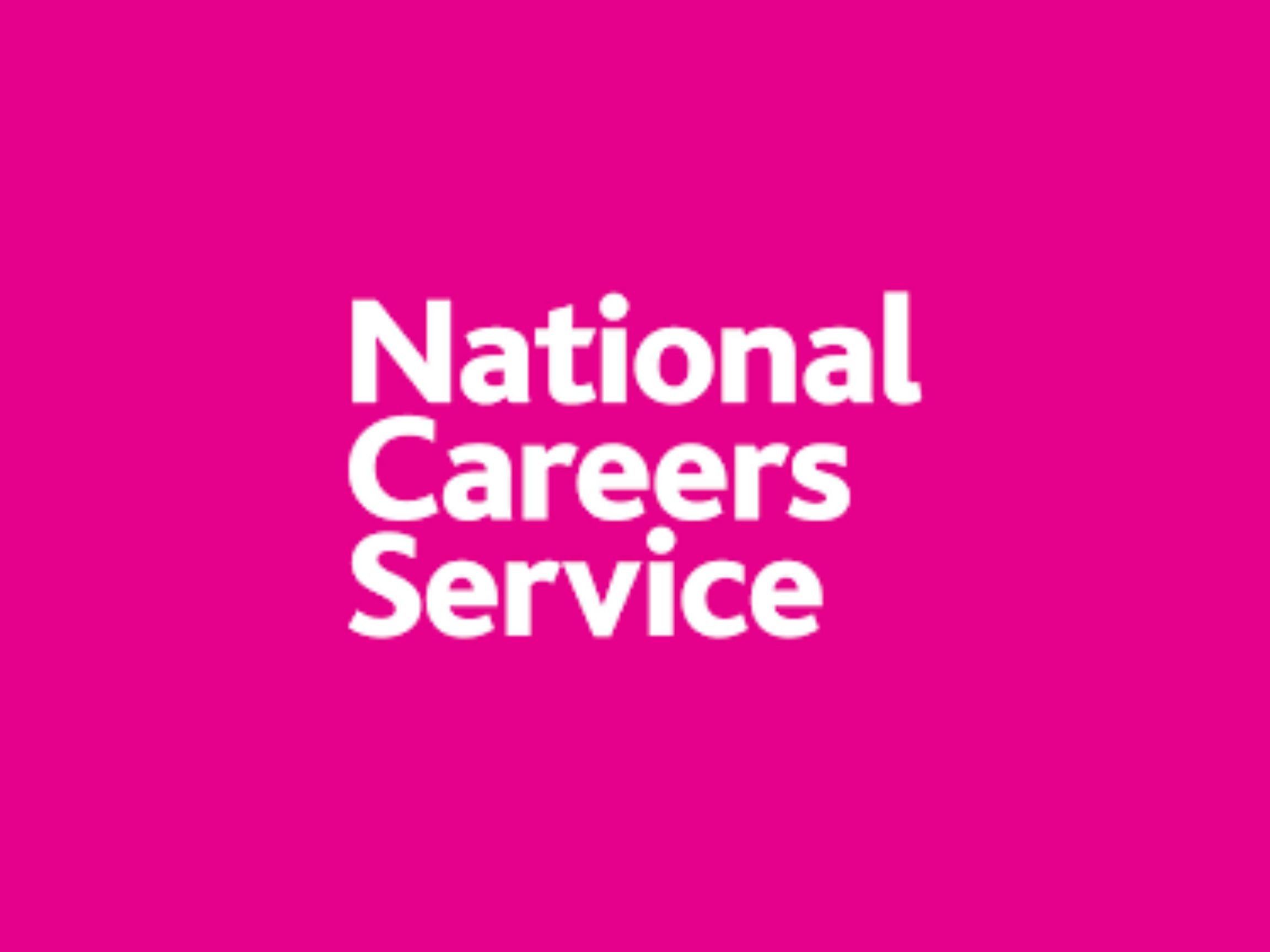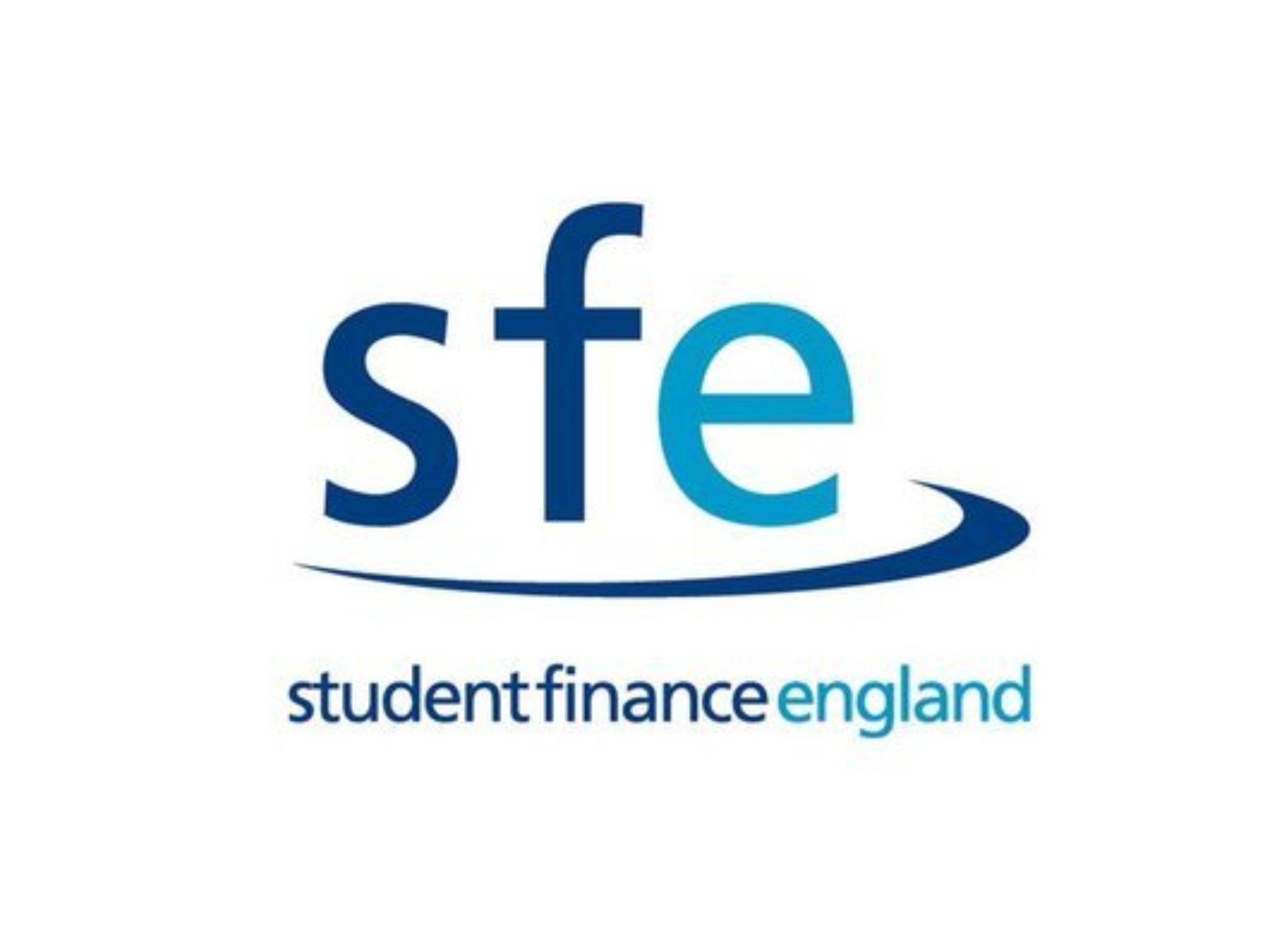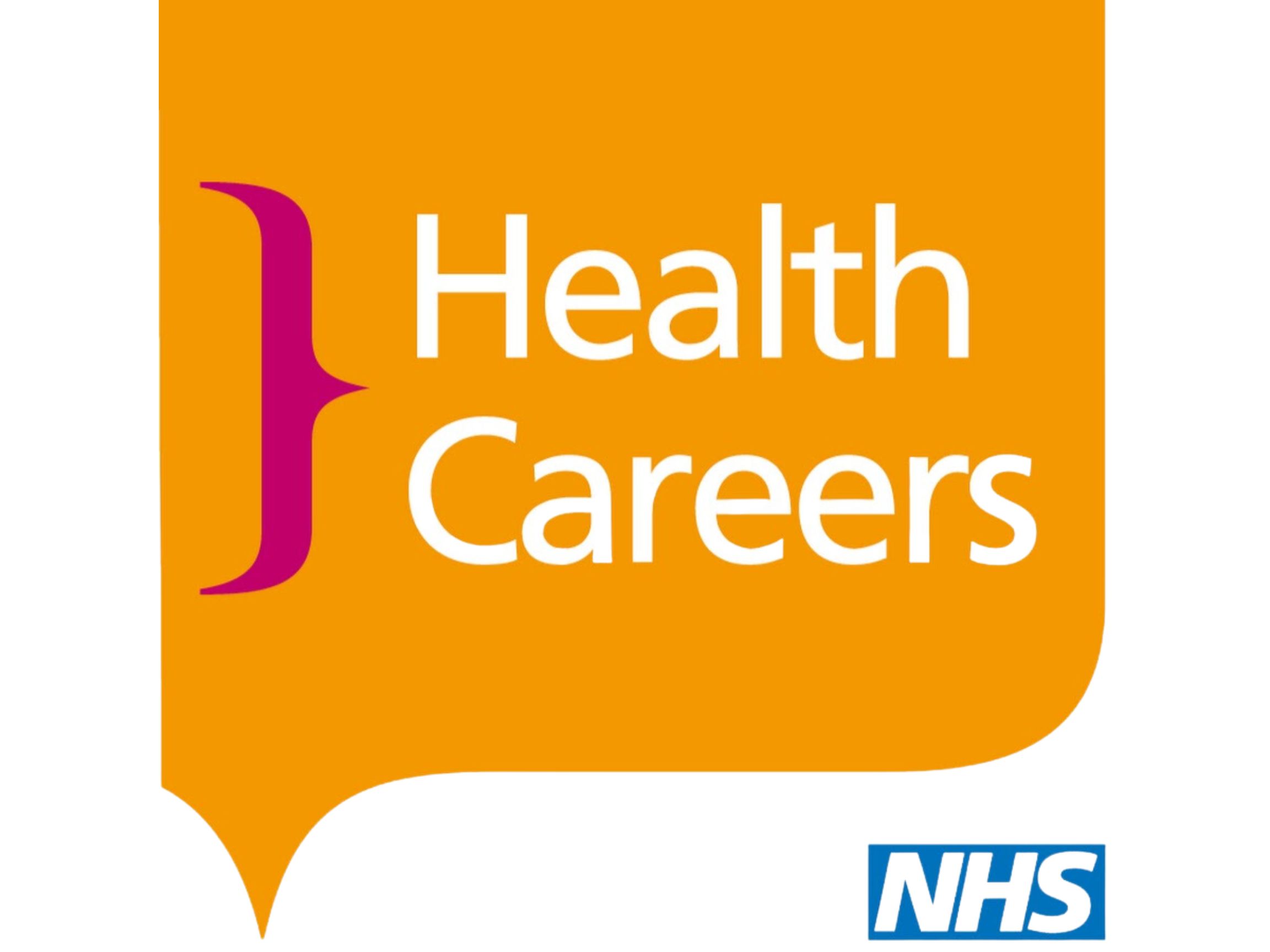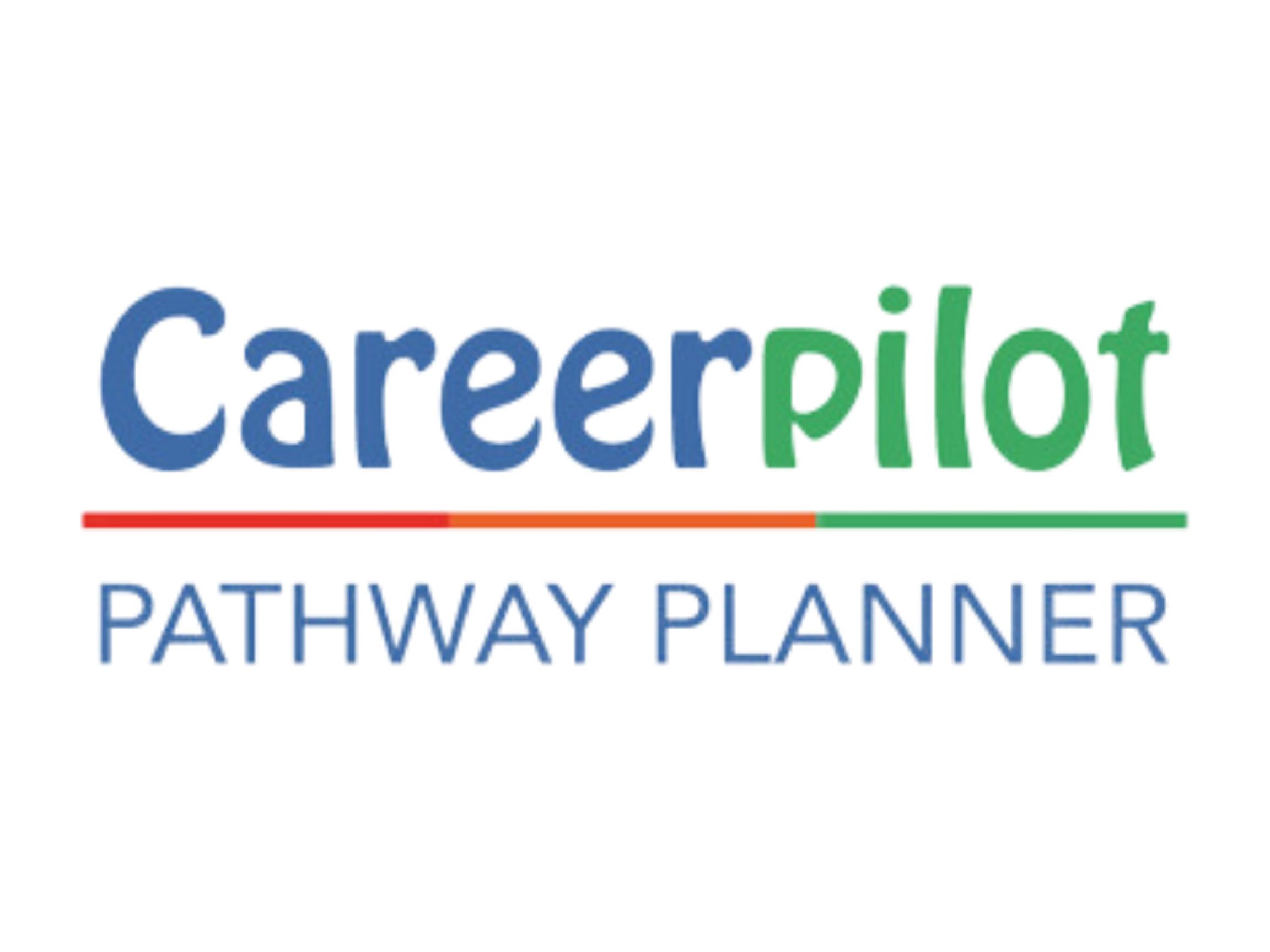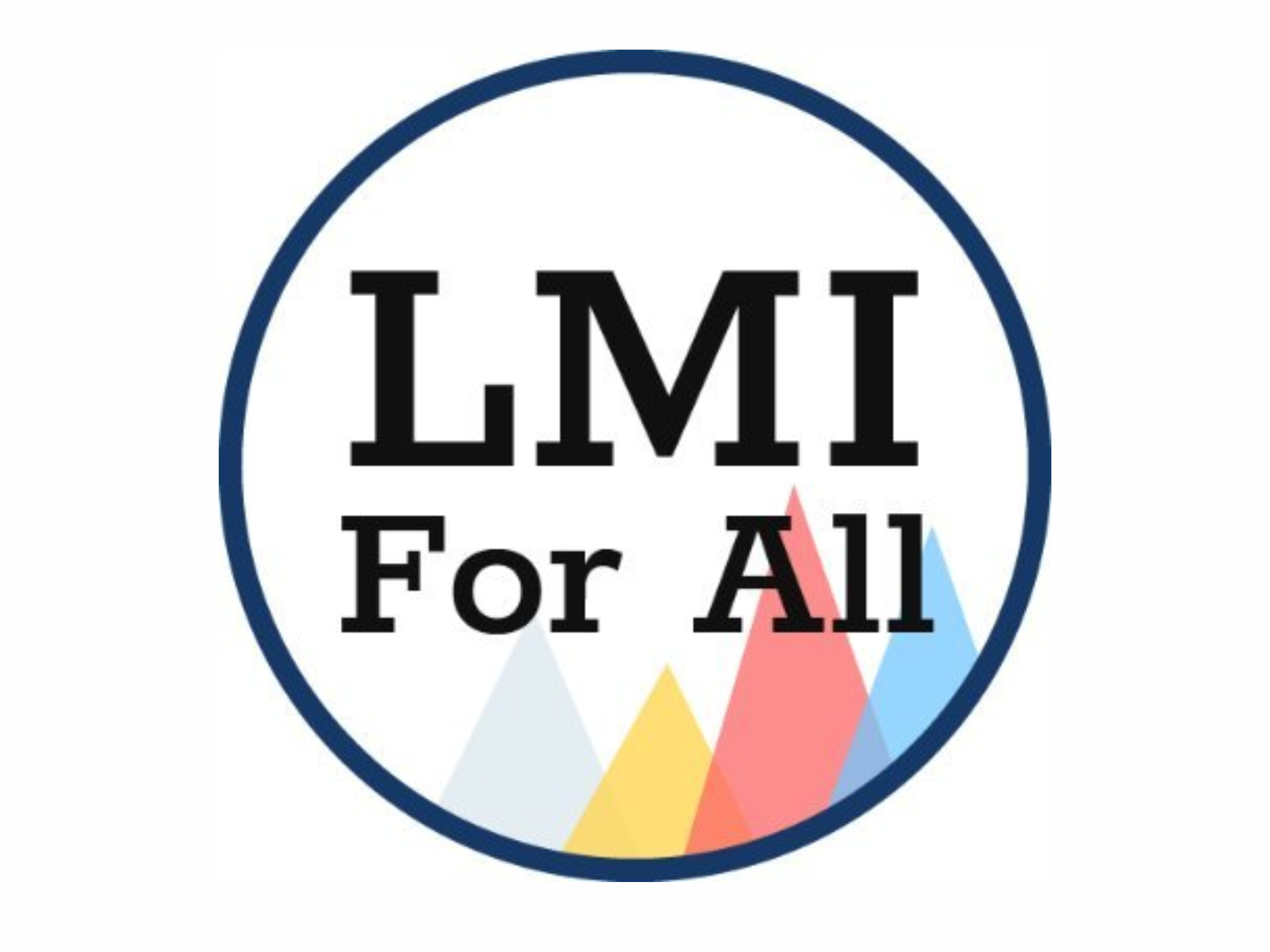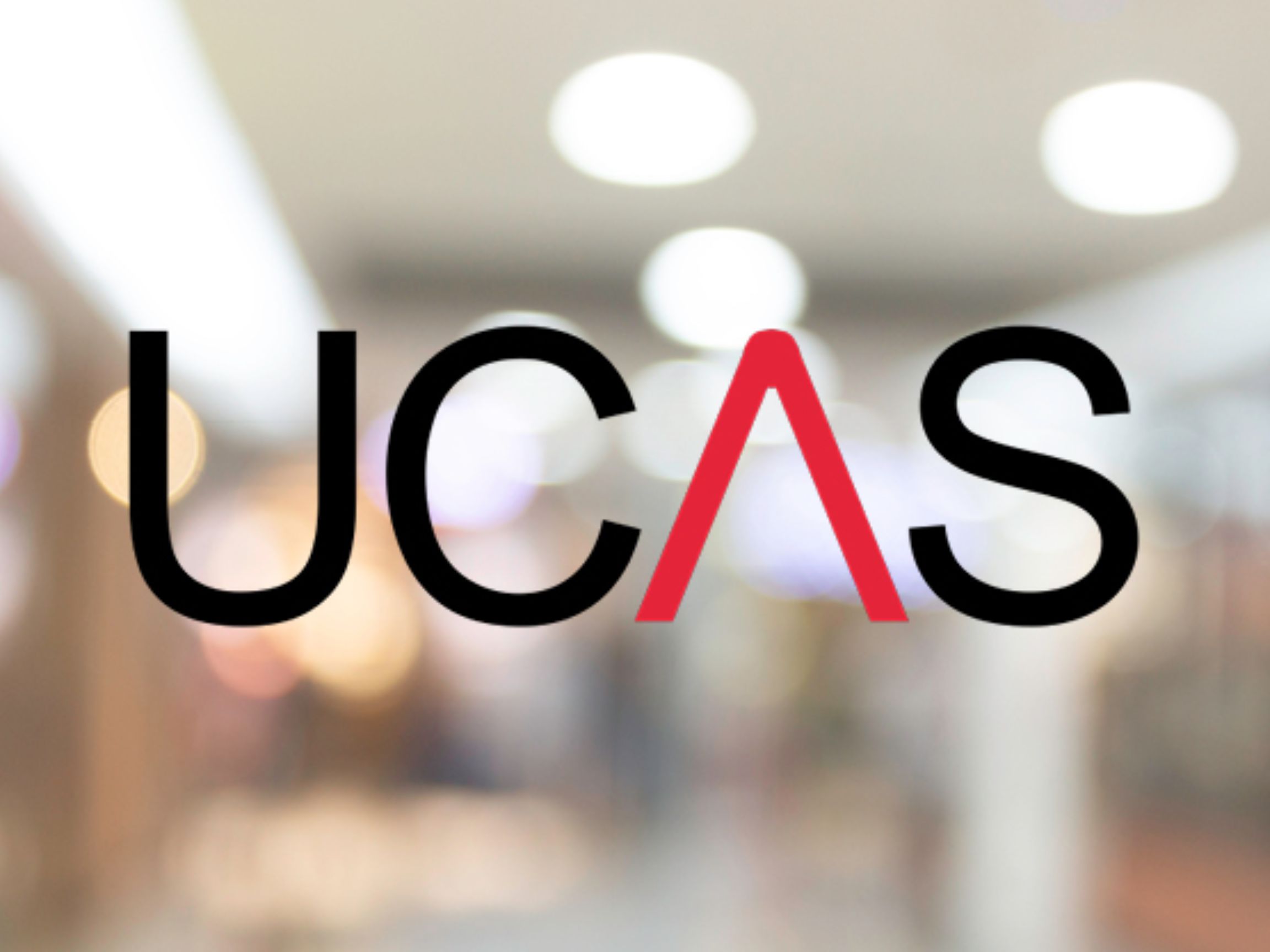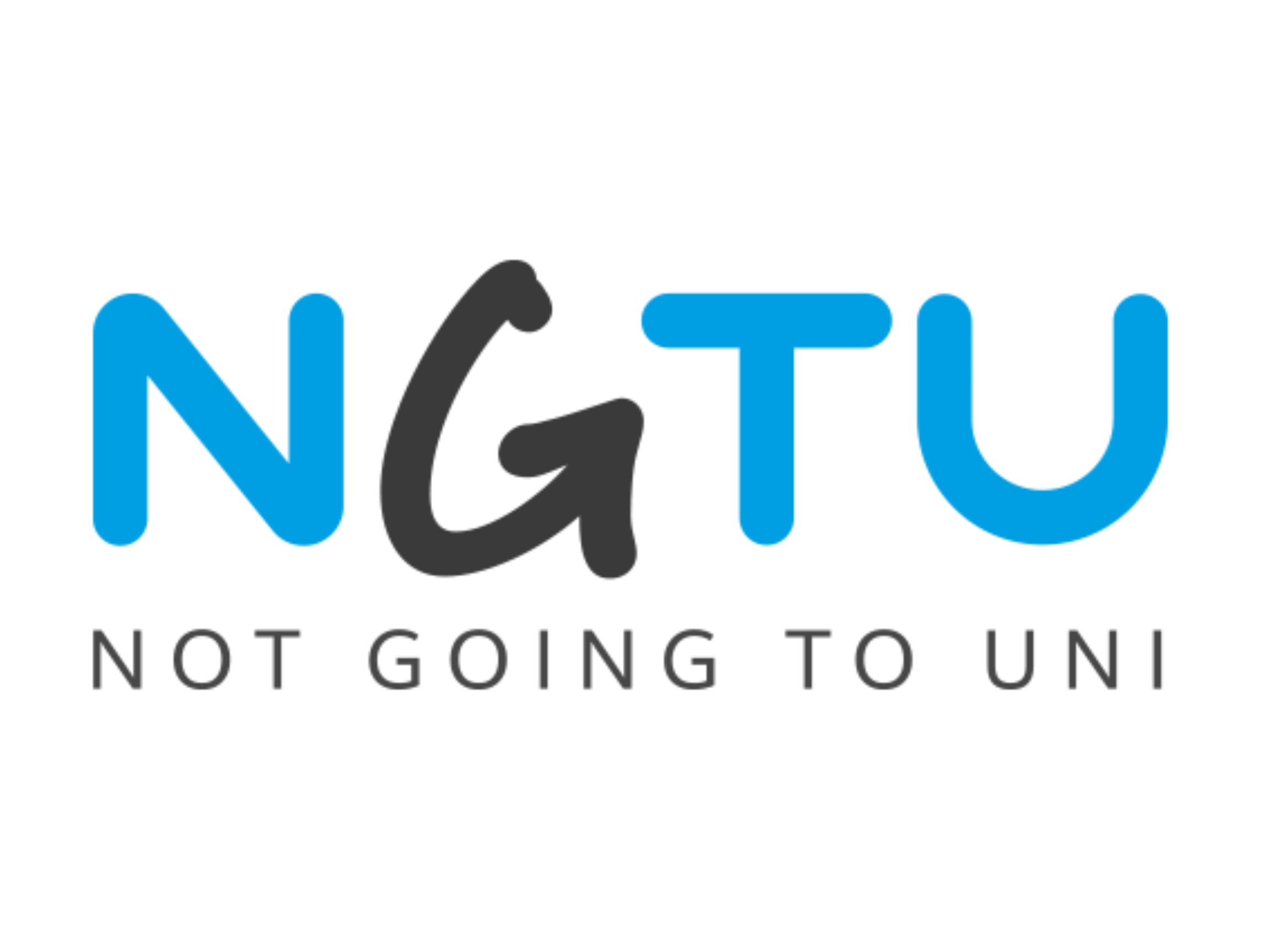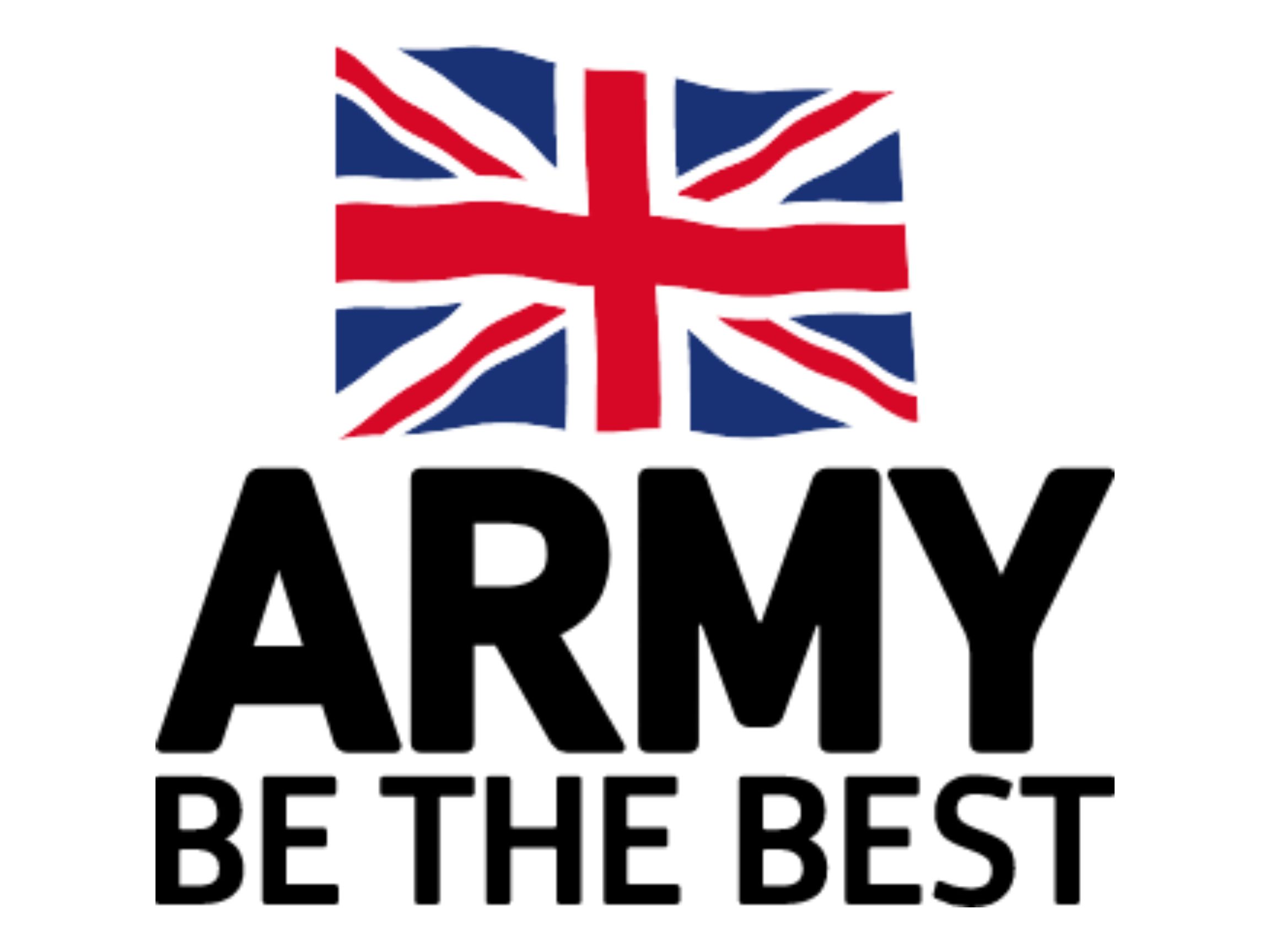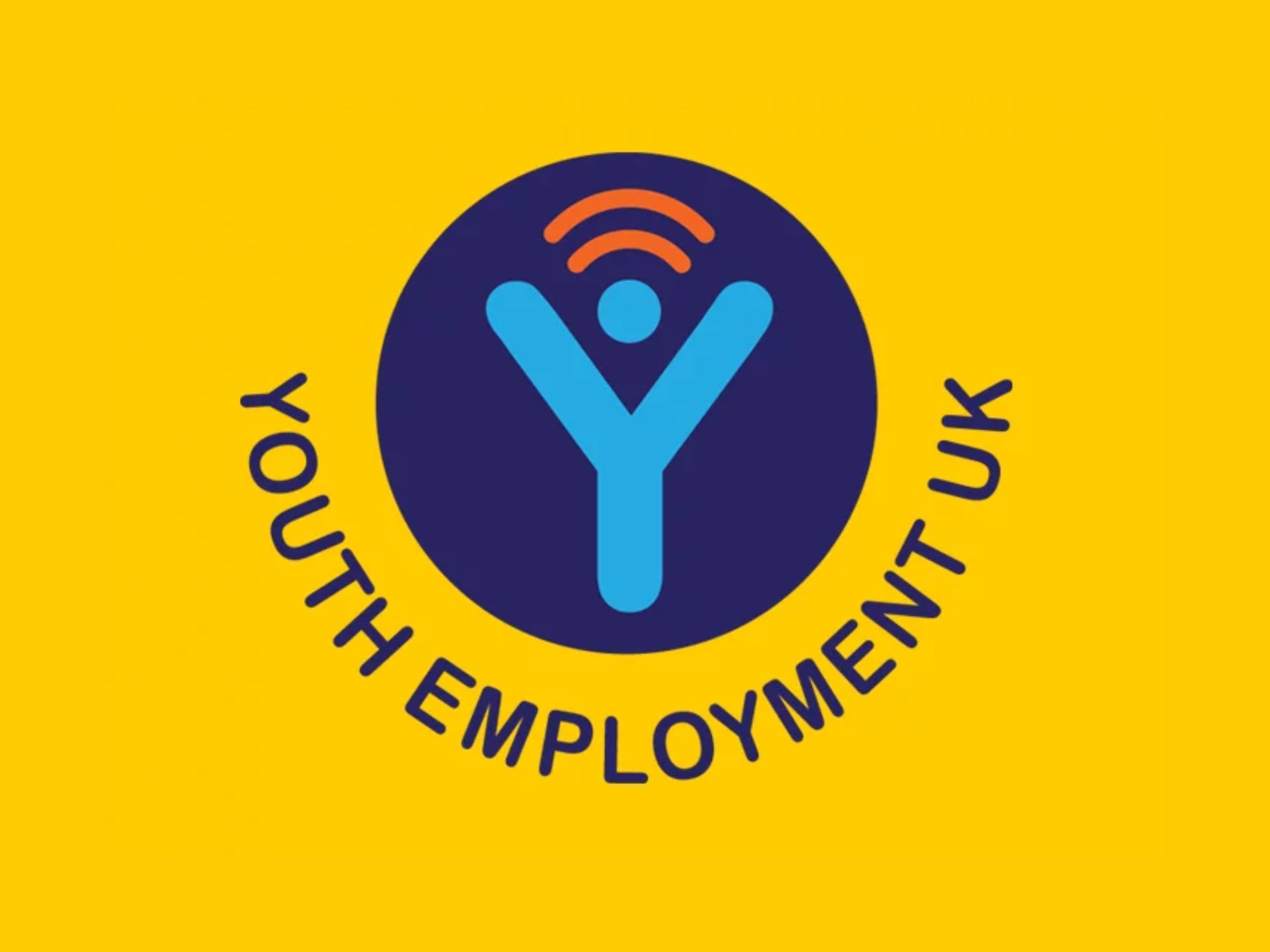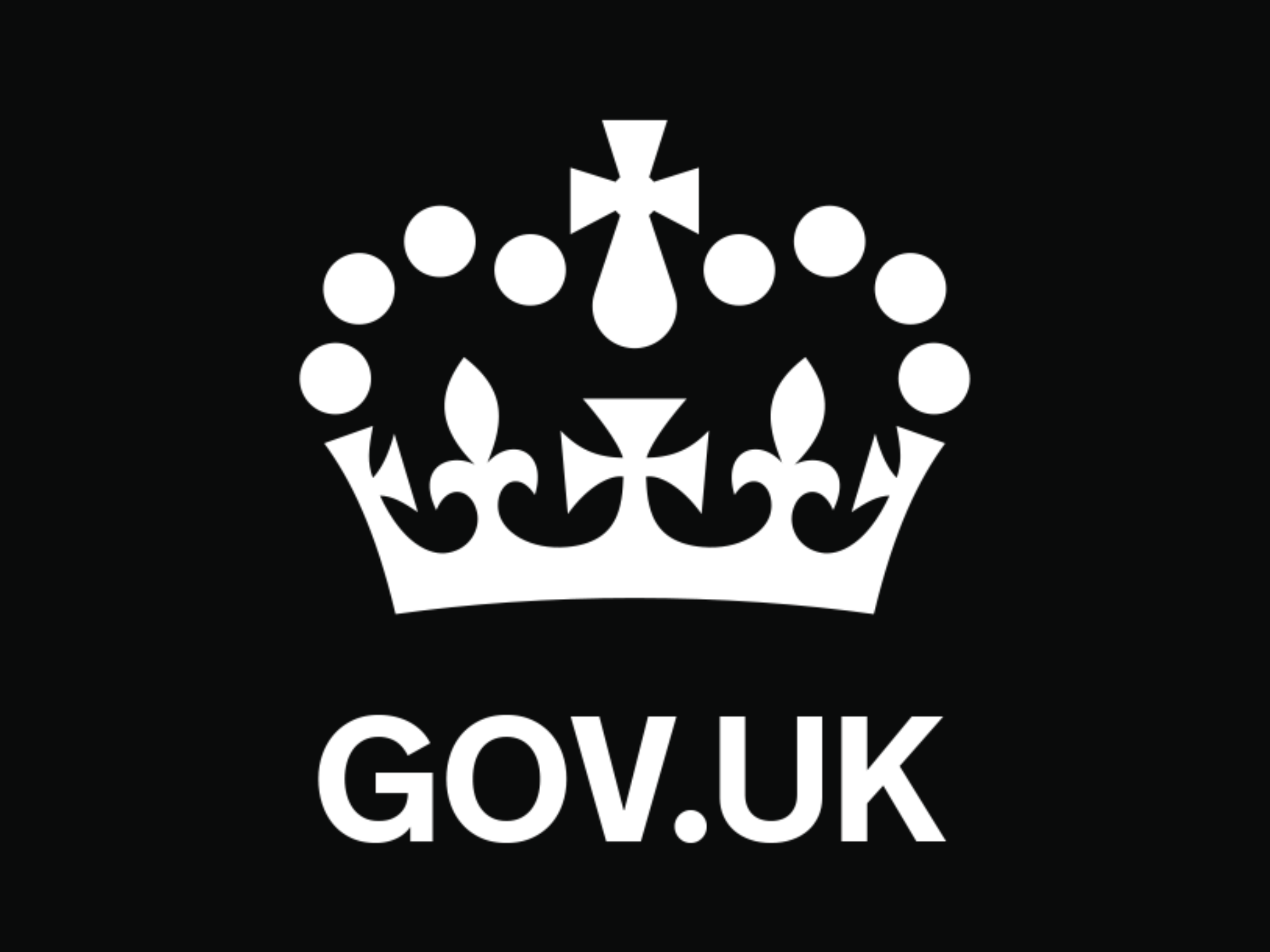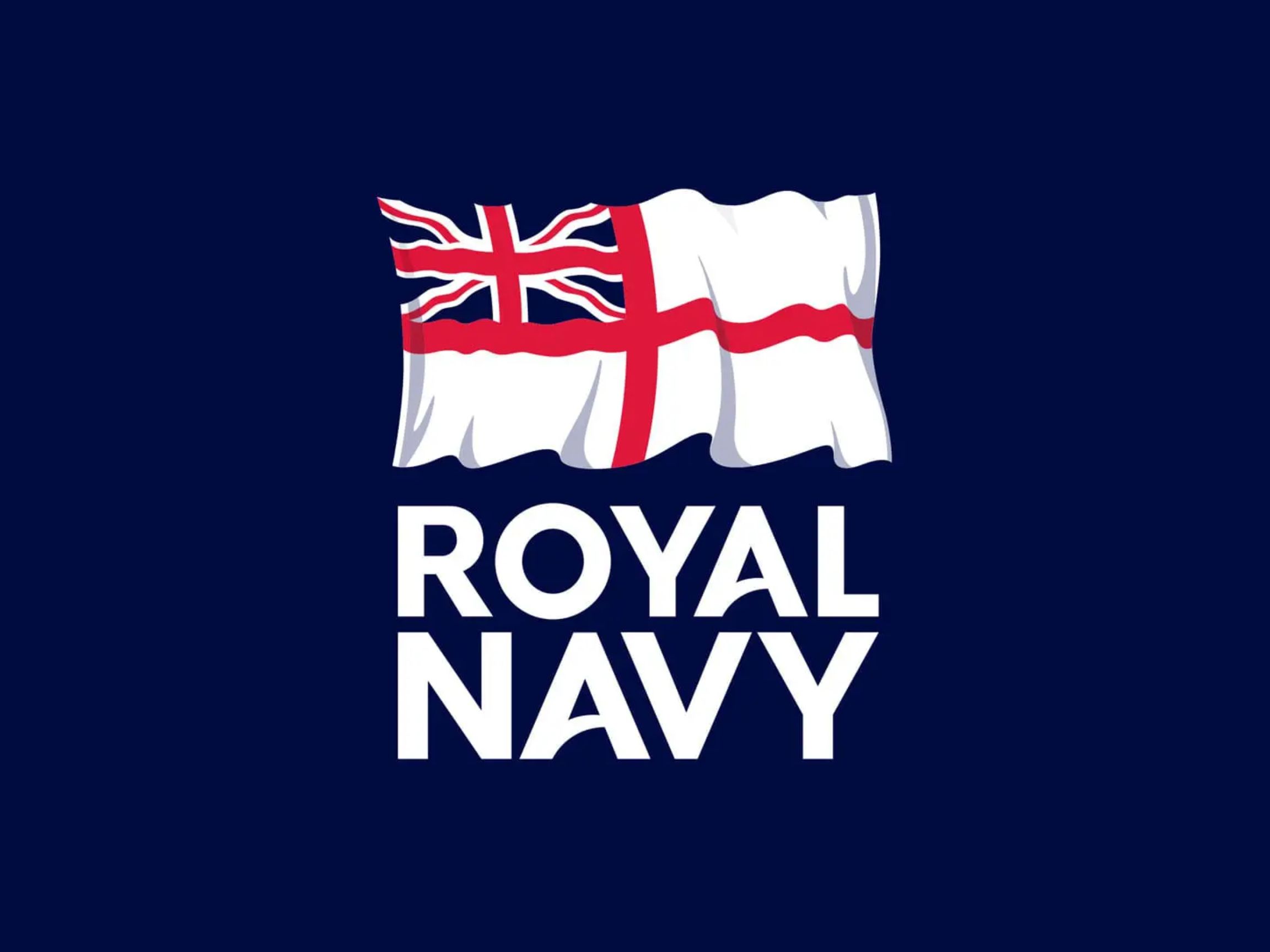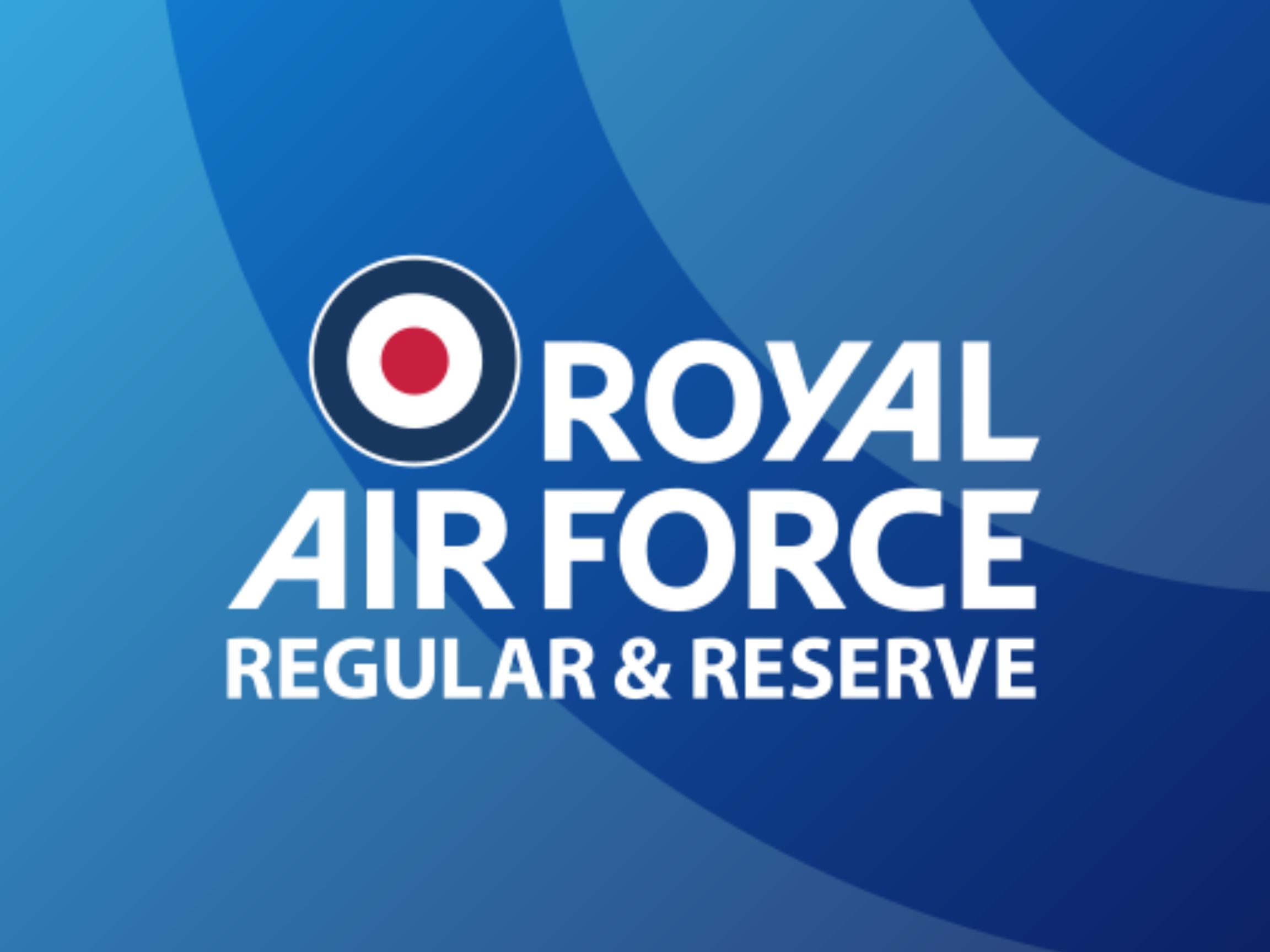Careers
Whether you already know what career you want or not, now is the time to start planning. These pages will give you advice and resources, so you can start thinking about what happens after school.
To speak to our careers team, please call the school on 01246 863127
Careers Lead
Mrs Waterhouse - l.waterhouse@tuptonhall.org.uk
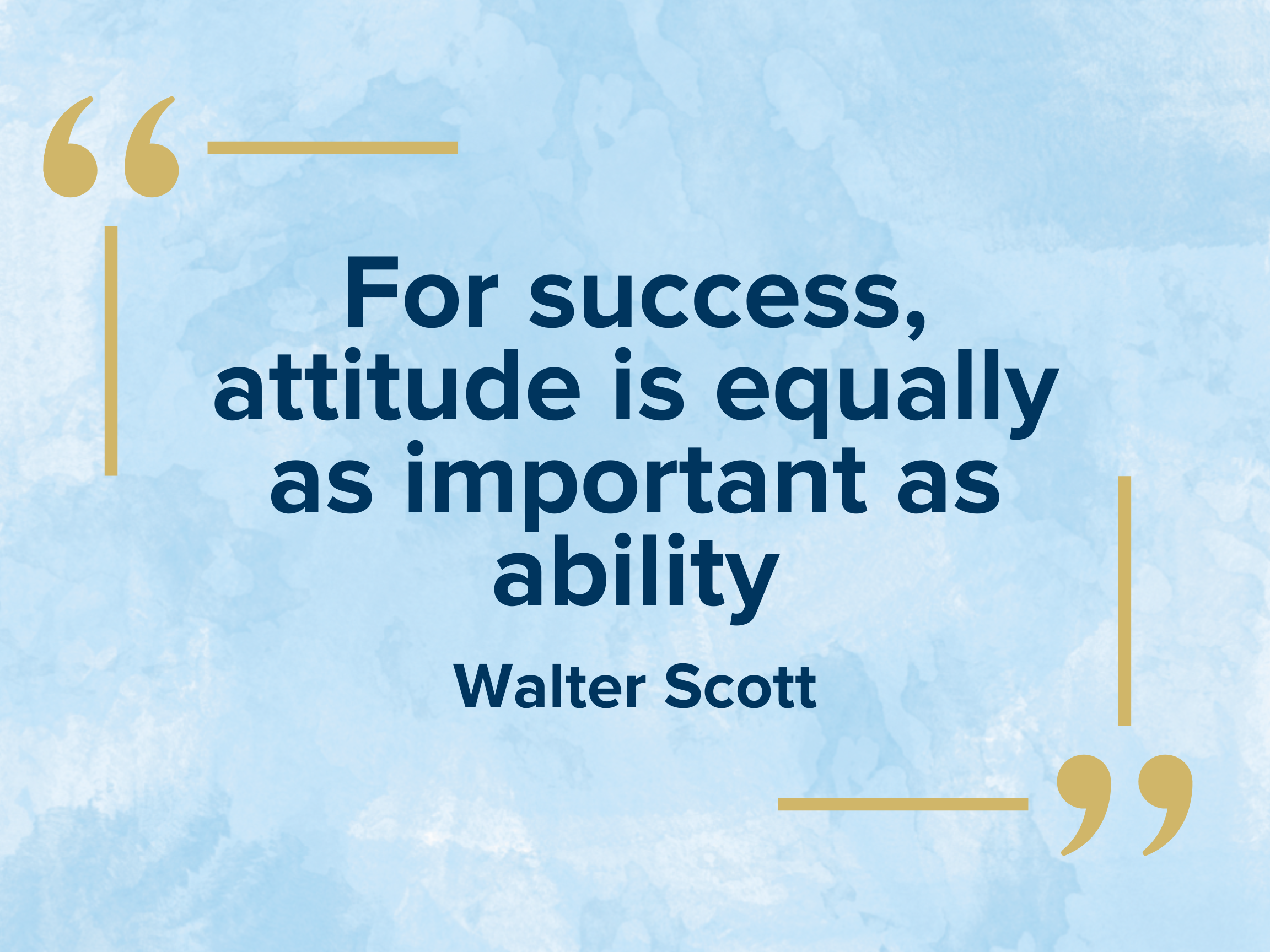
Every young person deserves an equal opportunity to be the best version of themselves with access to a fantastic careers programme, relevant resources, curriculum-based activities, with both educational and work experiences, so they can fulfil their potential.
No matter what your ability is, effort, passion and belief are what ignite that ability and can turn this into an accomplishment.
Careers Advisor
Mrs Bytheway - s.bytheway@tuptonhall.org.uk
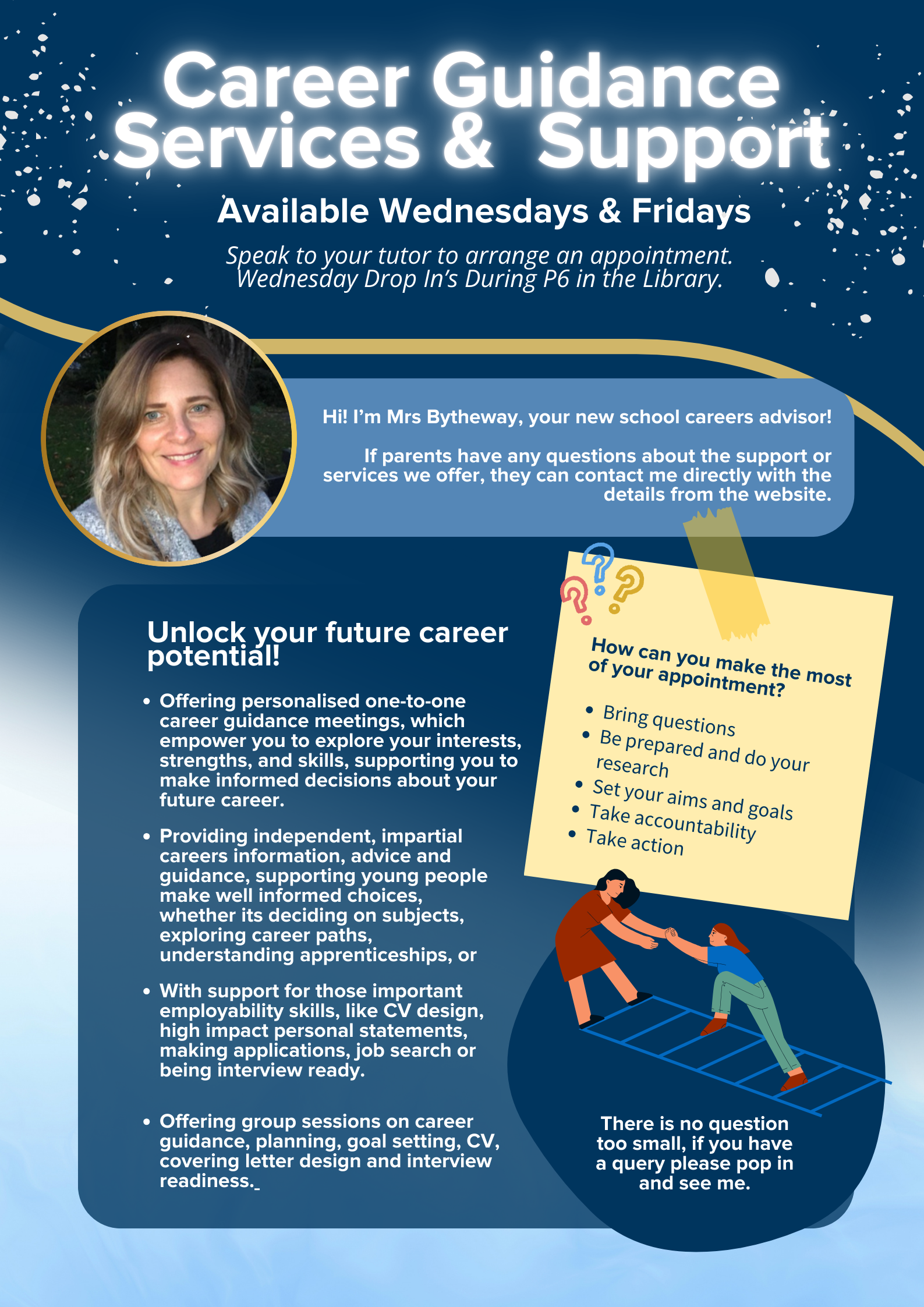
Your future by Derbyshire Academies
Careerometer
Skillsometer
Careers Guides & Other Resources
Careers Framework
Tupton Hall School as part of The Redhill Academy Trust has adopted a detailed Careers Framework, which sets out our careers information, advice and guidance provision. The aim is to help our students achieve the 10 career and employability goals within the framework:
ACHIEVING
ACCOUNTABLE
RESILIENT
SELF-MOTIVATED
SELF-ASSURED
ASPIRATIONAL
INFORMED
ENTREPRENEURIAL
EXPERIENCED
CO-OPERATIVE
Read more about how we implement the Careers Framework throughout our students' time at school:
Our Commitment - Baker Clause statement
As part of our commitment to informing Tupton Hall School students of the full range of learning and training pathways on offer to them, we are happy to consider requests from training, apprenticeship and vocational education providers to speak to our students.
Tupton Hall School proactively seeks to build on close working relationships with providers to speak with students, which may include school assemblies, employer and provider engagement events or opportunities to speak with students and parents on a one-to-one basis supporting GCSE, post-16 choices.
In the first instance, requests by providers should be sent to the school's Careers Lead, Mrs L Waterhouse, with a minimum of 6 weeks' lead time. All requests will be considered on the basis of; staffing, availability to support the activity, clashes with other planned activity, trips or visits to the school, interruption to preparation for examinations and space availability to host the activity.
Work Experience
As part of the Careers Education and Guidance programme at Tupton Hall School, all Year 10 students are expected to take part in a compulsory work experience programme with an employer. The aim is to help you gain a deeper understanding and appreciation of the world of work and all that it entails.
The following documents will help parents, carers and employers understand the Tupton Hall work experience programme and may also suggest ways that parents and carers can help their child find a placement.
For students there is a step by step booklet below to help you get the most out of your Work Experience, including ideas to help you start planning:
Important Information
Please note that you can contact and communicate with employers yourself, but to formally agree a work experience placement all parts of the Employer and Parent Agreement Form (PDF) will need to be signed, completed and returned to school by the cut-off date.
Employers must confirm that they have Employers' Liability Insurance or be willing to obtain it. They must also be Health and Safety checked before the placement can go ahead.
We wish to encourage all Y10 students to actively search for a Work Experience placement as soon as possible. June is a very popular time for schools in our area to take part in WEX so the sooner you apply and secure a placement the better to avoid disappointment.



